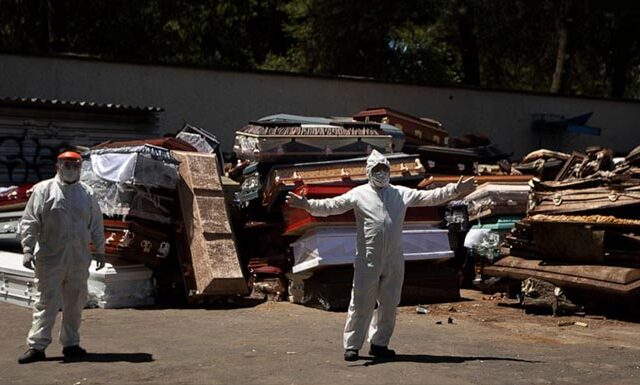After extensive research the Dutch government is now preparing to allow alkaline hydrolysis within the Netherlands.
The Dutch Funeral Services Act defines what is legally allowed to happen to a deceased body. Currently, it specifies that a body can be buried, cremated, donated to science, or in some occasions a full body burial at sea.
Updating Dutch decomposition options
The decision to change the Funeral Services Act has not been an overnight decision. For years there has been discussion about whether to allow new reduction methods. With environmental issues, global warming, and a lack of space at the forefront for the Minister of Domestic Affairs, Kajsa Olongren, asked the National Health Council to create a framework that would allow for new death care opportunities to be introduced in The Netherlands.
Newly introduced decomposition methods will be tested according to this new framework and when the results are positive the method can then follow a path to eventually be legalised and become an option for the public. Methods focussed on the conservation of human remains were not taken into account.
Key focus points in testing new decomposition methods
- Safety: The new technique cannot have any unacceptable risks for the safety of funeral workers or the residents living close to the funeral home.
- Dignity: Research agency ‘Netherlands Organisation for Applied Scientific Research’ (TNO) has defined dignity into a few categories. A guaranteed decomposition of the body, no unwanted mixing of bodies or body parts, and no public showing of the decomposition process.
- Sustainability: New techniques need to be more eco-friendly than traditional burial or cremation, meaning that less resources are used to reach a similar or better result. Exhaust fumes and use of public space will also be taken into consideration.
Which methods have been tested so far?
The death care methods that were taken into consideration are focussed on the decomposition of the body.
Alkaline hydrolysis: The first studies done were for water cremation and recomposition. Water cremation, also known as alkaline hydrolysis, uses a water element rather than fire to cremate the remains.
Recomposition: Also commonly called Human composting, accelerates the natural decomposition of the body in the dirt.
The results
Alkaline hydrolysis: The alkaline hydrolysis technique has checked off the boxes of safe safety, dignity and sustainability. The independent research group stated the new method is proven to have more positive results than traditional burials and cremations.
Funeral directors cannot wait to provide alkaline hydrolysis services to their clients. Sabrina Franken, director of funeral home Yarden, said in an interview that they would love to begin offering water cremations. She said: “As soon as the law changes we can order the water cremation machines.”
Recomposition: Results in the study performed by TNO showed that they do not yet have enough scientific data that aligns with the framework to be able to recommend recomposition as of yet. While the method is already used extensively for deceased farm animals it is still missing needed elements to be legalized. This could however change if the patented process of founder of not only the process but the first company to legally perform recomposition, Recompose, was to franchise the process or expand to Europe.
What are the expectations?
This spring the adaptation to the Funeral Services Act would have been discussed in parliament, however the corona crises has put a halt on the discussion for the moment. The expectation is the Funeral Services Act updates will be discussed in parliament after the summer.








